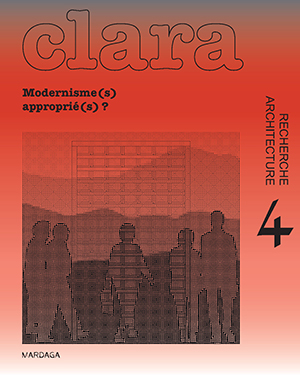Solomon Mahlangu House: self-assertion and humanisation through claiming black space
Main Article Content
Abstract
In the South African context, much attention has been paid to social movements and protests, which might decree them an exhausted subject. In post-apartheid South Africa, they traditionally protested to ask the state for the improved living conditions and civic virtues of every citizen. The debates on emancipatory socio-spatial change are by no means viable without the mention of the recent #FeesMustFall movement, on which this text focuses on. Described as a new model of protesting by university students, it belongs to the broader field of “…..MustFall” movements which served as highlighters of the tensions within South Africa’s educational and social institutions. The long history of black exclusion from South African social, professional and academic spaces found expression in what was named the #FeesMustFall movement.
Besides offering a close reading and analysis of the intellectual roots of the idea of the #FeesMustFall movement, the specific focus of this contribution is the appropriation and renaming of the Senate House, the University of Witwatersrand’s main administrative building, into Solomon Mahlangu House. The central reference is the student protests that took place in South Africa nation-wide in 2015. The approach taken is one that analyses colonial architecture and its responsibility towards current university structures. The powers of design and architecture to both integrate and segregate are rigorously exposed by interrogating architecture and how it was used as one of many tools to exclude and perpetuate inequality during the apartheid. The intent is to explore how students occupied and renamed Senate House as an illustration of how architecture is put to work in the pursuit of an ideology that disregards the progressive ambitions of its designers.
Fundamental to the inferno of the protests was the desire to strategically demonstrate issues about tuition fees and curriculum change within the scope of decolonisation. This was expressed through the occupation and renaming of prominent university spaces. More specifically, the process of renaming spaces asserts a claim of ownership, which distinguishes this set of protests from their predecessors where violence was used to instigate a desired form of law and order. The paper concludes by indicating the redefined functional uses of the Solomon Mahlangu House as a central space for solidarity. It outlines that Senate House does not offer distinct potential for resisting current threats to its transformed identity. Although this development is not a panacea to all the current struggles, it is a step towards a decolonized social and educational space. It must be seen not as a completed solution to current problems, but as an opening to a decolonized University of the Witwatersrand.
Article Details

This work is licensed under a Creative Commons Attribution-NonCommercial-NoDerivatives 4.0 International License.

